Zero Waste?
BalTra
12 years ago
Related Stories
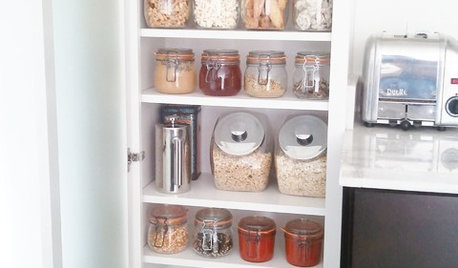
HEALTHY HOME6 Tips From a Nearly Zero-Waste Home
Lower your trash output and increase your quality of life with these ideas from a mom who did it to the max
Full Story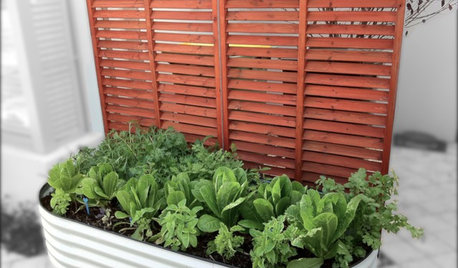
FEEL-GOOD HOME21 Ways to Waste Less at Home
Whether it's herbs rotting in the fridge or clothes that never get worn, most of us waste too much. Here are ways to make a change
Full Story
GREEN BUILDINGZero Net Energy: A Hardworking-House Term to Know
Homes that consume only as much energy as they produce by renewable means are a goal for builders. Learn what ZNE means for you
Full Story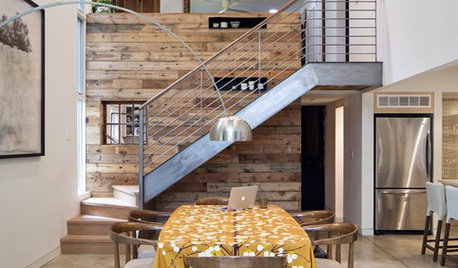
GREEN BUILDINGThe Future of Smart Design: Reuse, Reduce, Recycle
See why reducing waste in a home construction project should appeal to every architect, designer and client
Full Story
EARTH DAYGrow a Beautiful Garden With Ecofriendly Greywater
Reducing home water waste means lower bills and a healthier planet. Here's how to set up a greywater home irrigation system that can help
Full Story
HOUZZ TOURSHouzz Tour: Bright, Sun-Warmed New England Getaway
Country views, flexible living space and a just-right size make for a soothing, comfortable family retreat
Full Story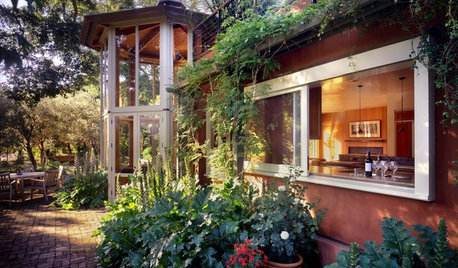
MOST POPULARWhat Is a Living Building?
Part philosophy, part advocacy, the Living Building Challenge is pushing designers and homeowners to rethink how we live
Full Story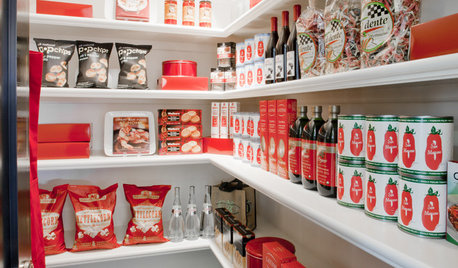
KITCHEN STORAGEGet It Done: How to Clean Out the Pantry
Crumbs, dust bunnies and old cocoa, beware — your pantry time is up
Full Story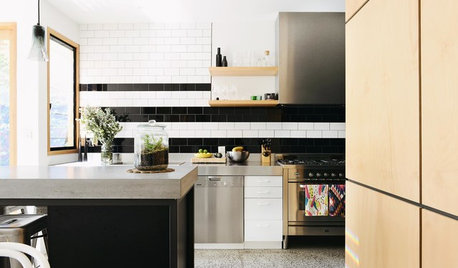
COLOR10 Pair-Ups for Black in the Kitchen
Combine black with other colors to add drama, polish and modernity. It also can make a kitchen look more spacious
Full Story





brickeyee
BalTraOriginal Author
Related Discussions
The FrankenComposter, or You Know Youâre a Compost Whacko When�
Q
Fresh cheeses from milk that went sour?
Q
sorry, not to be gross...
Q
water efficient water filter anyone?
Q
plllog
BalTraOriginal Author
plllog
EngineerChic
Schmeltz
gsciencechick
writersblock (9b/10a)
natal
steff_1
steff_1
natal
Tim
cooksnsews
LottieS
plllog
natal
plllog
LottieS
BalTraOriginal Author
plllog
BalTraOriginal Author
plllog